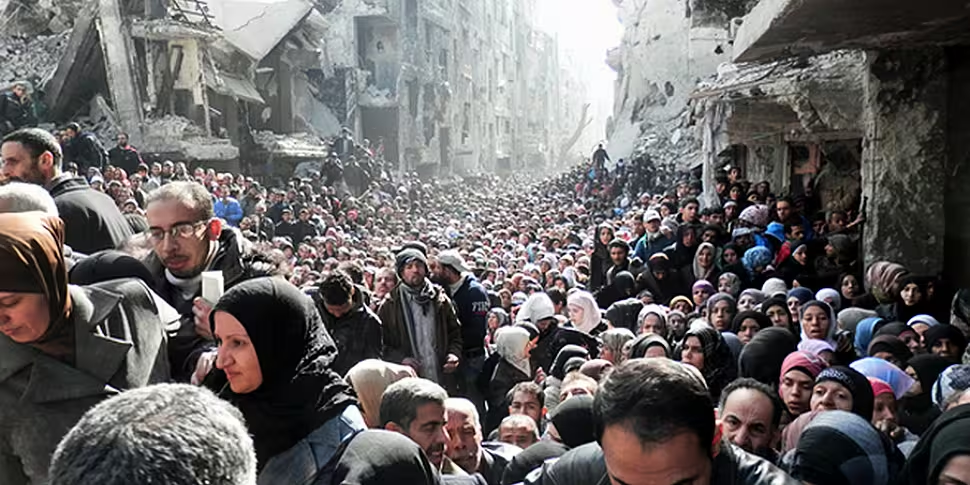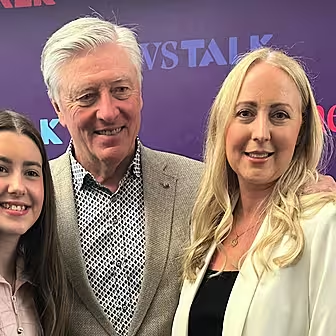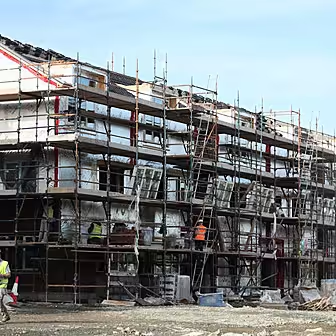Video has emerged apparently showing Islamic State militants moving into a suburb of Syria's capital Damascus, trapping thousands of refugees.
Up to 18,000 people - including 3,500 children - have been forced to flee their makeshift camp in Yarmouk.
The UN's warning conditions inside the camp are now reaching crisis levels
Mohamed is taking refuge in the camp:
The situation in the Palestinian refugee district of Damascus seized by Islamic State has been described as "beyond inhumane" by civil rights activists.
Yarmouk has seen increased shelling and sporadic street fighting after the militant group stormed the southern area of the city on Wednesday, marking the group's deepest foray into the capital.
Chris Gunness, a spokesman for UNRWSA, a UN support agency for Palestinian refugees, said activists had not been able to get aid into the area since the current round of fighting began.
"That means that there is no food, there is no water and there is very little medicine. People are holed up in their houses, there are reports of aerial bombardment, and there is fighting going on in the streets.
"This has to stop and civilians must be evacuated. Some 18,000 people, including 3,500 children, are at risk of death or serious injury. The situation is beyond inhumane."
Yarmouk has been under siege for two years and is home to the largest Palestinian refugee community in the country.
Some civilians who were trapped in the district have managed to flee to safer areas amid continuing clashes between Palestinian armed factions and IS, and intense airstrikes by the Syrian government.
The Britain-based Syrian Observatory for Human Rights said Syria's government air force has dropped several barrel bombs on the camp since Sunday.
Palestinian officials and Syrian activists said they were working with rivals from the al Qaeda affiliate in Syria, the Nusra Front.
The two groups have fought bloody battles against each other in other parts of Syria, but appear to be cooperating in the attack on Yarmouk.
Palestine Liberation Organisation officials said around 2,000 civilians were able to leave the camp at the weekend via secure roads to the Zahira district, which is under army control.
Mr Gunness has called for a "political framework" to solve the crisis and allow aid to be delivered on the ground.
"We need a political framework which will give some kind of meaning and substance to this humanitarian work. So, we need political action and we need it urgently."
Originally posted at 11.27am









